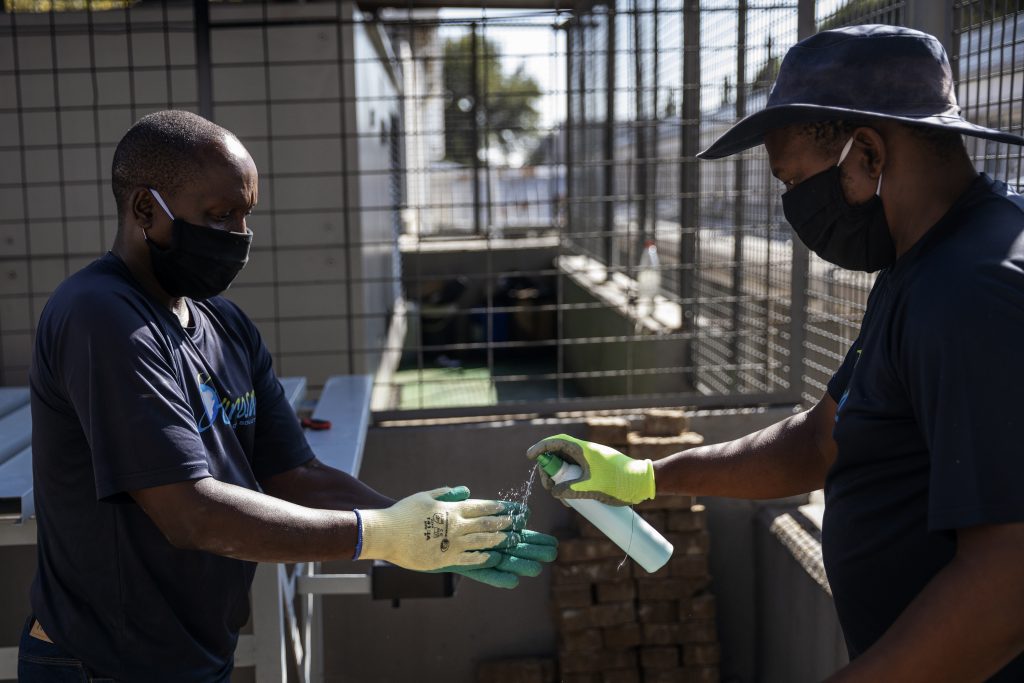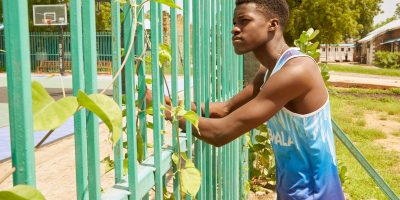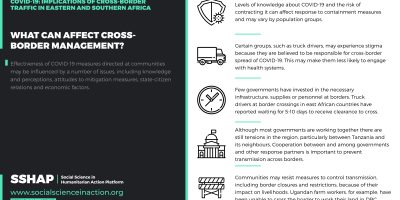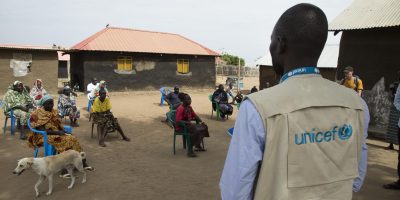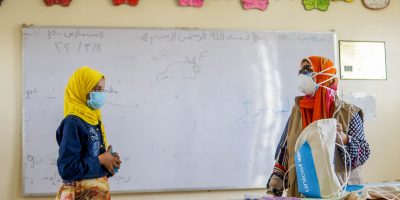As of April 19, 2021, South Africa has recorded 1.56 million COVID-19 cases and almost 54,000 deaths – more than any other country on the African continent. The country has begun the national rollout of the Johnson & Johnson (J&J) COVID-19 vaccine, with over 292 thousand doses administered it aims to achieve herd immunity by vaccinating at least 67 percent of its population (around 40 million people) by the end of 2021. The government suspended its initial rollout of the AstraZeneca (AZ) vaccine due to concerns over its effectiveness, particularly against the new B.1.351 variant, which accounts for 90% of the infections in South Africa. The J&J vaccine was put on temporary hold in April due to concerns about rare clotting disorders. Although data show that expected acceptance of COVID-19 vaccines is relatively high, the suspension of two vaccines in South Africa, where fear of infection is decreasing, will likely influence public reactions.
Understanding how individuals and population groups perceive and make sense of COVID-19 vaccines is critical to inform the design and implementation of risk communication and community engagement (RCCE) strategies, and guide interventions aiming to promote and sustain acceptance of COVID-19 vaccines, while encouraging compliance with other COVID-19 preventive measures.
This review syntheses community perceptions of COVID-19 vaccines in South Africa to inform RCCE strategies and policies and provides examples of successful practice. It draws on multiple secondary data sources: scientific literature, qualitative and quantitative studies, grey literature, and mainstream and social media. The review was supported by consultation with four local expert key informants from different fields. It is part of the Social Science in Humanitarian Action Platform (SSHAP) series on social science considerations relating to COVID-19 vaccines. It was written for SSHAP by Tamara Roldan de Jong and Anthrologica on request of the UNICEF South Africa Country Office. Contributions were made from the RCCE Collective Service East and Southern Africa (ESAR) Region. The brief is the responsibility of SSHAP.



